It’s not exactly news that spending time in nature benefits human health and well-being. But an experiment conducted by social scientists along some mountain trails in Colorado shows – it’s not just the wind in your face or the grandeur of the scenery we need to thank.
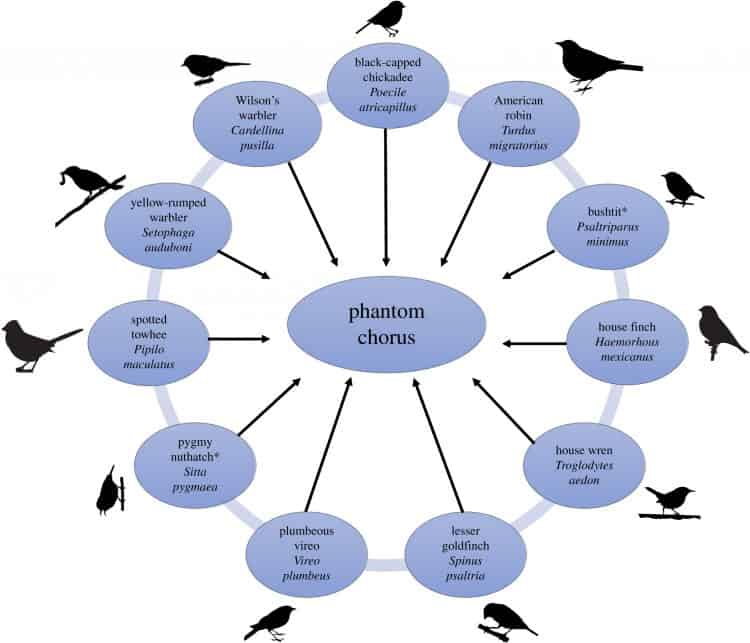
They hid speakers along two trails in the mountains of Colorado, in the western US. They then played the sounds of many different songbird species in different “blocks” along the way.
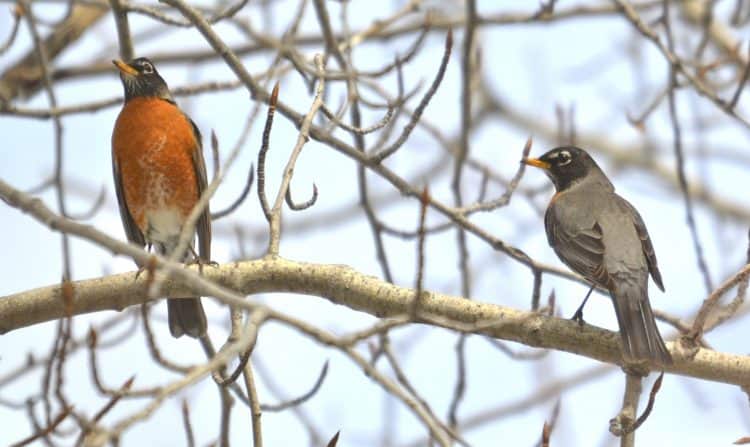
Hikers taking the trails filled out a written survey afterward. On both trails, they reported more “restorative effects” when they were hearing the birdsongs than when they were not.
One of the researchers, Dr. Clinton Francis (of California Polytechnic State University), tells FoW, the sounds made hikers “wonder about things,” or, “were different from what they usually heard in daily life,” or “fit with their personal preferences.”
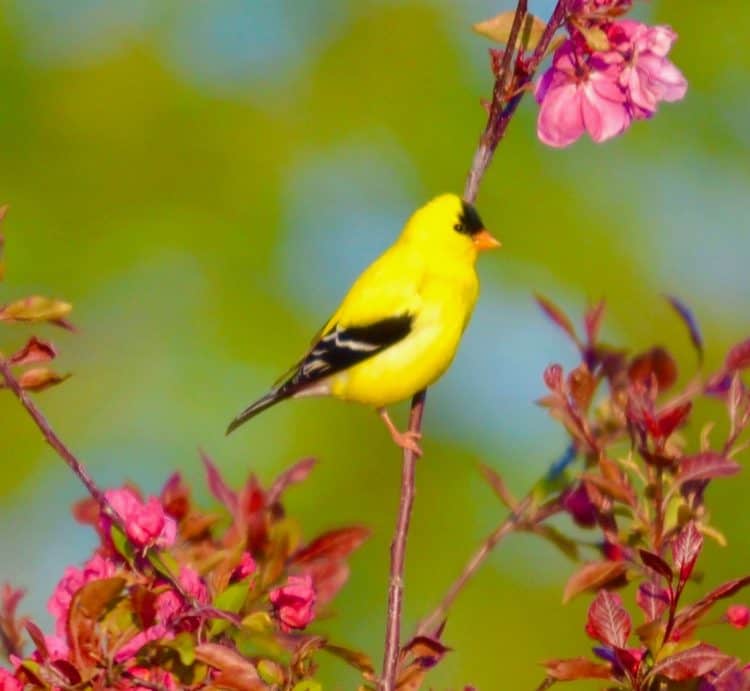
Dr. Francis adds, “I believe that conservation and biodiversity preservation can improve by demonstrating how nature benefits people. The psychological ecosystem services that nature provide is an important way that people benefit from nature.”
As the report concludes, “Our findings add to a growing body of evidence linking mental health to nature experiences.” They show how sounds – in this case – wild birdsongs – play an important role in the way nature confers her restorative effects on humans.
The findings have just been published in the proceedings of The Royal Society.
Lead photo: The Cape May warbler (Setophaga tigrina). All photos by the author. (Author’s note) Not all birds shown in the colour pics I took were members of the “chorus.” But take it from me, they would have been worthy members. Larry.
What you can do
Support ‘Fighting for Wildlife’ by donating as little as $1 – It only takes a minute. Thank you.
Larry Powell
I’m a veteran eco-journalist living in Shoal Lake, Manitoba, Canada. I have a life-long love of wildlife & natural places. After working for radio and TV stations for about 30 years, I've turned to science writing as a freelancer specializing in the Earth Sciences. I’m a member of the Science Writers & Communicators of Canada and the American Association for the Advancement of Science. I’m authorized to receive embargoed material through the Science Media Centre of Canada, the Royal Society, NatureResearch and the World Health Organization. This allows me advance access to important, peer-reviewed research often warning of habitat loss and the threat of extinction facing many wild species, usually thanks to human intrusion and intervention by the hand of man. They then often become "hot-off-the-press" stories which are ready to publish the moment the embargoes are lifted. I publish www.PlanetInPeril.ca (PinP) "Where Science Gets Respect." I own professional photographic gear and am sometimes able to enhance my stories with my own images.
- Web |
- YouTube |
- More Posts(14)
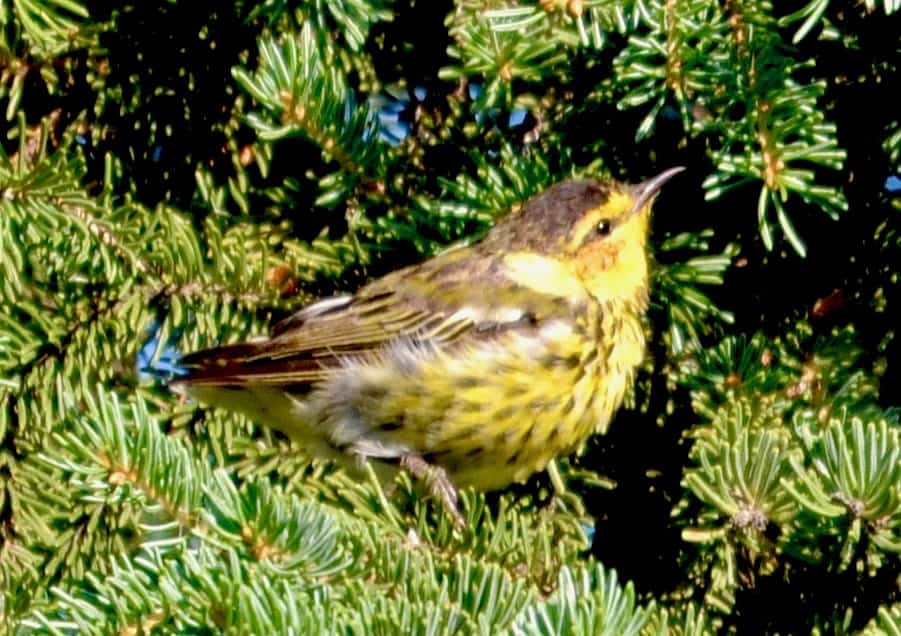

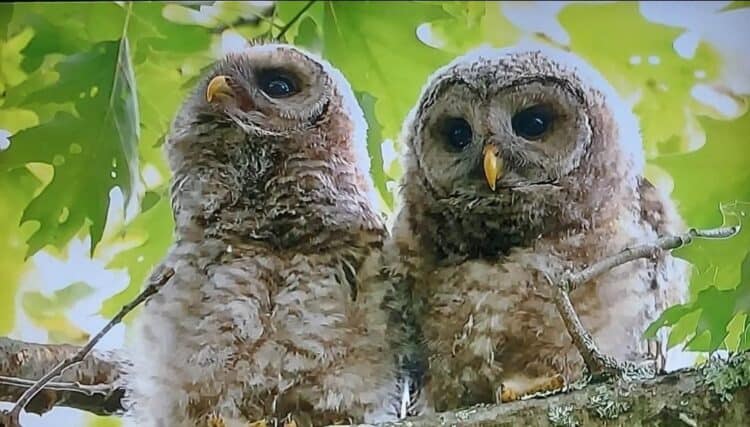
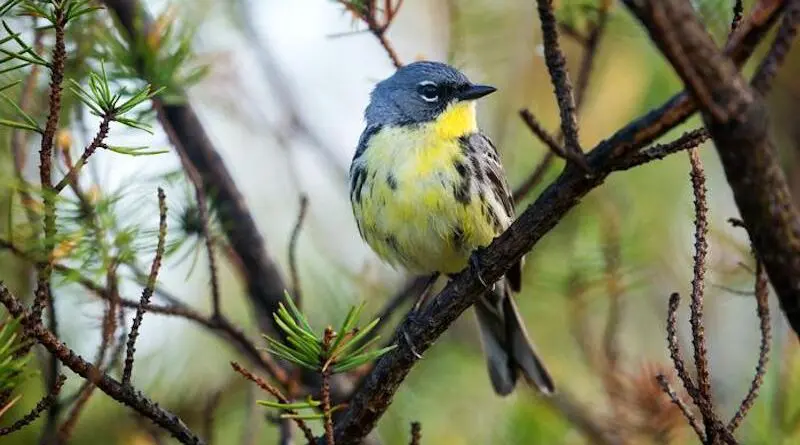



Leave a Reply